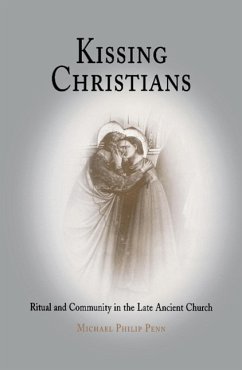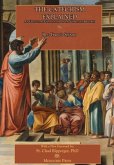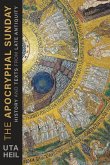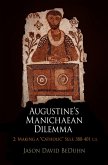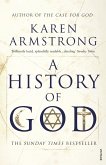Kissing Christians Ritual and Community in the Late Ancient Church Michael Philip Penn "Penn has succeeded admirably. . . . Kissing Christians has broken new ground, greatly enriching our understanding of this important Christian liturgical ritual and community-forming practice."--The Medieval Review "This fascinating study should serve as an invitation to scholars of ancient Christian discourse, symbol, and liturgy to take the kiss seriously, but not only that: Kissing Christians invites a reconsideration of the intersection of discourse and practice throughout the early Christian period."--Church History In the first five centuries of the common era, the kiss was a distinctive and near-ubiquitous marker of Christianity. Although Christians did not invent the kiss--Jewish and pagan literature is filled with references to kisses between lovers, family members, and individuals in relationships of power and subordination--Christians kissed one another in highly specific settings and in ways that set them off from the non-Christian population. Christians kissed each other during prayer, Eucharist, baptism, and ordination and in connection with greeting, funerals, monastic vows, and martyrdom. As Michael Philip Penn shows in Kissing Christians, this ritual kiss played a key role in defining group membership and strengthening the social bond between the communal body and its individual members. Kissing Christians presents the first comprehensive study of the ritual kiss and how controversies surrounding it became part of larger debates regarding the internal structure of Christian communities and their relations with outsiders. Penn traces how Christian writers exalted those who kissed only fellow Christians, proclaimed that Jews did not have a kiss, prohibited exchanging the kiss with potential heretics, privileged the confessor's kiss, prohibited Christian men and women from kissing each other, and forbade laity from kissing clergy. Kissing Christians also investigates connections between kissing and group cohesion, kissing practices and purity concerns, and how Christian leaders used the motif of the kiss of Judas to examine theological notions of loyalty, unity, forgiveness, hierarchy, and subversion. Exploring connections between bodies, power, and performance, Kissing Christians bridges the gap between cultural and liturgical approaches to antiquity. It breaks significant new ground in its application of literary and sociological theory to liturgical history and will have a profound impact on these fields. Michael Philip Penn teaches religion at Mount Holyoke College. Divinations: Rereading Late Ancient Religion 2005 200 pages 5 1/2 x 8 1/2 ISBN 978-0-8122-3880-8 Cloth $59.95s £39.00 ISBN 978-0-8122-0332-5 Ebook $59.95s £39.00 World Rights History, Religion Short copy: Kissing was one of the most widely practiced early Christian rituals. Kissing Christians presents the first comprehensive study of how ancient controversies concerning this rite became part of larger debates regarding the internal structure of ancient Christian communities and their relations with outsiders.
Hinweis: Dieser Artikel kann nur an eine deutsche Lieferadresse ausgeliefert werden.
Hinweis: Dieser Artikel kann nur an eine deutsche Lieferadresse ausgeliefert werden.

